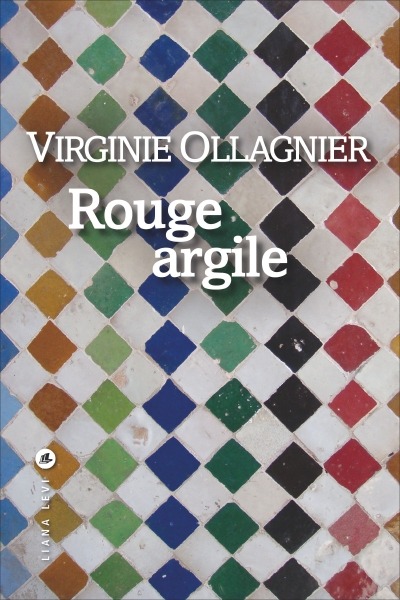
Red Clay
Rouge argile
Rosa has just lost her “adoptive” father, Egon, the only remaining link with her childhood home in Meknes, Morocco. Having returned to bid her final farewells and settle the estate, ready to wipe the slate clean regarding an inheritance that burdens her well established and well ordered life in a well-heeled Parisian suburb, she is about to rediscover a part of herself that has been carefully buried for twenty years. Assaulted by unwelcome memories and the discovery of unknown aspects of her parents’ past, overwhelmed by the affection of her Moroccan nanny, stunned by the stories of the godmother who has come to support her, little by little Rosa comes to find the messiness and phantoms of the past insinuate themselves into a life where everything, until then, seemed to fit neatly into place. The story is interwoven with the voice of Egon who recounts his path through life, from Nazi Germany to Morocco by way of Egypt. In a finely crafted and sensual style, Virginie Ollagnier interweaves destinies, mingles voices, and retraces the course of lives governed by History and family secrets.
Born in Lyon, France, in 1970, Virginie Ollagnier is an instructor in written communication and the co-scriptwriter of the ‘graphic novel’ Kia Ora. Her first novel Toutes ces vies qu’on abandonne (Liana Levi, 2007) earned great public and critical acclaim and won eleven literary awards, including the town of Blois’ “coup de coeur” prize for a historical novel, and the town of Touquet’s prize for a first novel. She has also published L’Incertain (Liana Levi, 2008).
Her first two novels were published in Italy by Piemme.
- “A dreamlike and sensual story where sentiments and sorrows are fanned to life by the breath of the Orient.” (Paris Match)
- “Writing as subtle, captivating, and vibrant as this land of Morocco can be.” (Le Télégramme)
- “Of remarkable subtlety, this Red Clay.” Le Soir
- “A nice domestic thriller.” Le Monde des livres
- “Fabulous, disturbing, and radiant, this novel is a little piece of pure unadulterated Morocco.” La Croix
- “A novel full of sensitivity in which Rosa’s mourning sets the course for her own life-choices and awakens her needs for both belonging and freedom.” Lire
- “A discreet, profound, and surprising novel.” Glamour
- “A very great intimist novel.” Le Dauphiné libéré
The booksellers’ favorites:
- “A novel of great sensitivity in which Rosa’s mourning, churning up deep-felt wounds, sets the course for her own life-choices and awakens her need for both belonging and freedom.” (La Scie rêveuse/Payot)
- “This novel is the one – the novel I’m really keen about for the new literary season. I was moved, spellbound…” (L’Esprit large/Guérande)